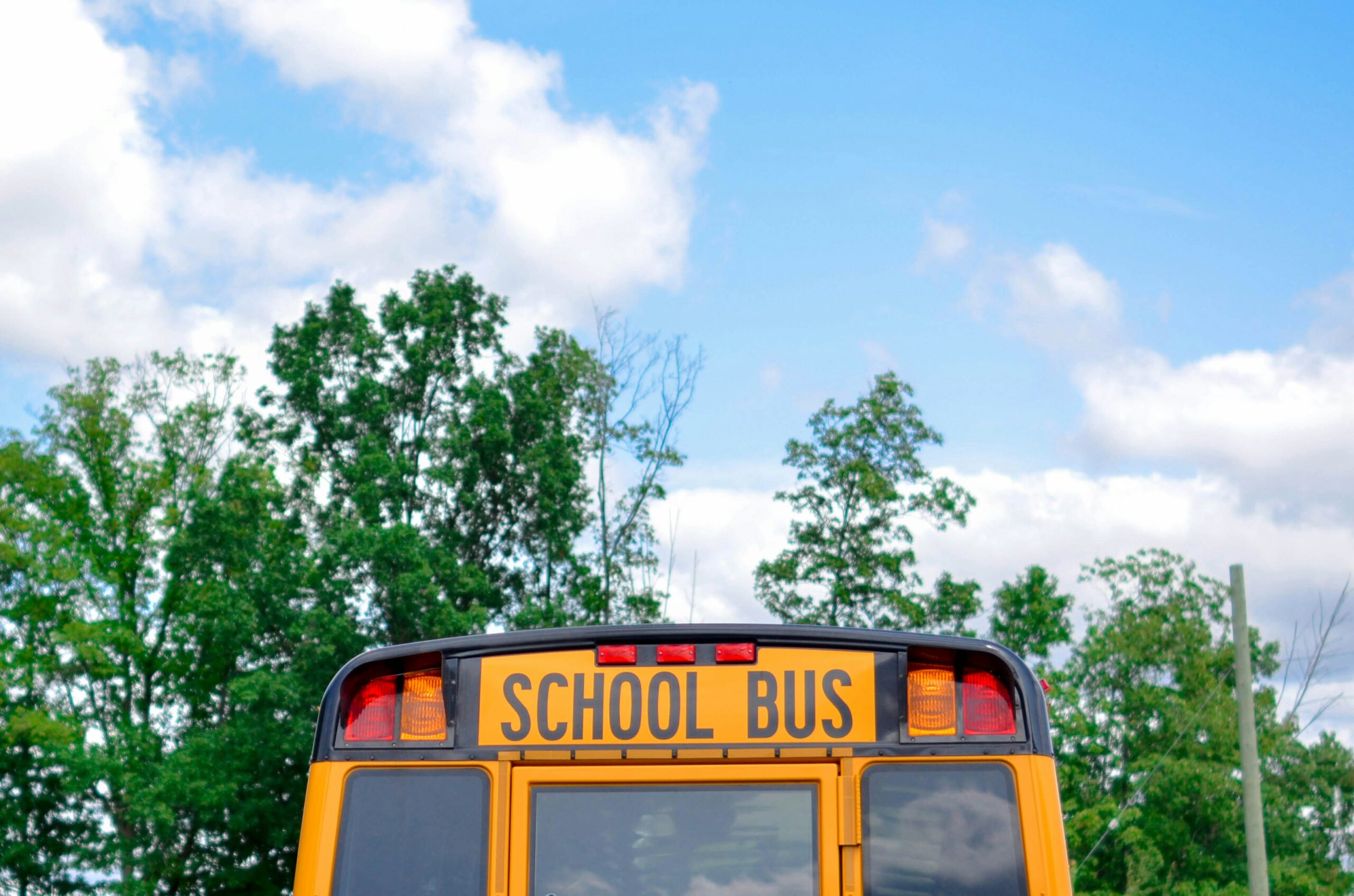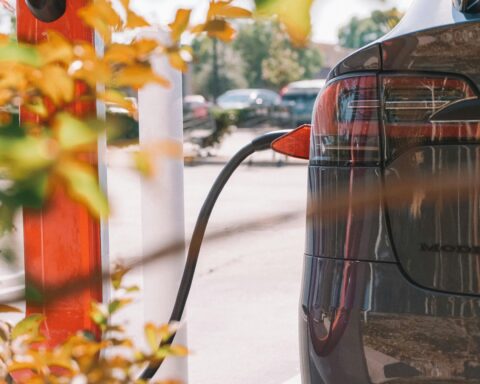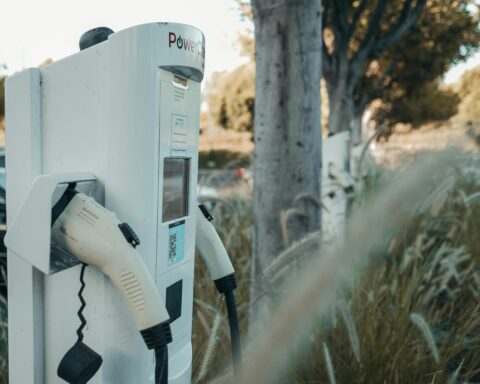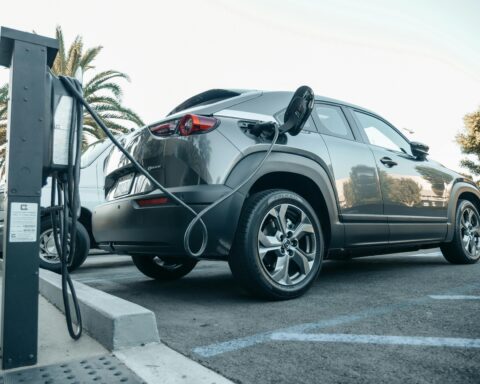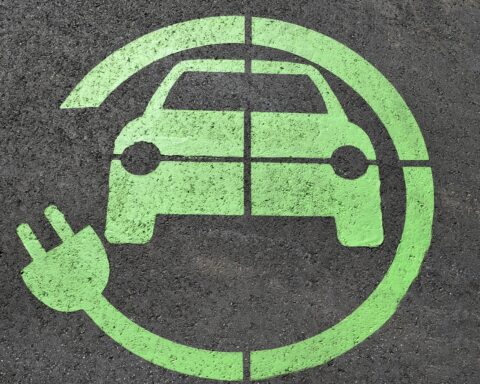Nine school districts in New Hampshire have received $31 million in rebates to support purchasing 110 clean school buses and charging infrastructure as part of the 2023 Clean School Bus Program rebate awards.
The rebates will help New Hampshire speed up the transition to zero-emission vehicles by replacing older, diesel-powered school buses, which have been associated with asthma and other health issues affecting students and surrounding communities.
“Transitioning our transportation sector to clean, renewable energy is key to mitigating the worst impacts of climate change, and our local communities and schools can play a significant role in cutting harmful emissions,” U.S. Rep. Ann Kuster said. “These resources made available through the Bipartisan Infrastructure Law will improve the health and well-being of our children and environment while lowering fuel and maintenance costs for communities.”
Recipients of rebates, all of which also include support for charging infrastructure, are:
- Derry Cooperative SAU Office: $8.7 million for 25 buses
- Nashua SAU Office: $6.8 million for 22 buses
- Pembroke School District: $5 million for 25 buses
- Hudson School District: $3.2 million for 16 buses
- Litchfield SAU Office: $2.8 million for eight buses
- Moultonborough School District: $2.4 million for seven buses
- Concord SAU Office: $1 million for three buses
- Hanover School District: $600,000 for three buses
- Lisbon Regional School District: $345,000 for one bus
In September 2023, the EPA announced that at least $500 million would be available for its 2023 Clean School Bus rebates. After the application period closed in February, an overwhelming response from school districts nationwide eager to purchase clean school buses led the EPA to double the initial funding to nearly $1 billion for 2023.
The EPA Clean School Bus Program was established by the Bipartisan Infrastructure Law, which allocated $5 billion to modernizing the nation’s fleet of school buses. The program funds the purchase of electric buses, which produce zero tailpipe emissions, as well as propane and compressed natural gas buses, which emit fewer pollutants compared to older diesel models.
The program’s goals include reduced greenhouse gas emissions, savings for school districts and improved air quality. Diesel pollution has been linked to asthma and other health issues that cause students, especially in disadvantaged communities, to miss school.
Replacing older diesel engines will lead to cleaner air for students, bus drivers, school staff near loading areas and the communities the buses travel through daily. By reducing greenhouse gas emissions, the program also addresses the effects of the transportation sector on the climate crisis.
Photo by Element5 Digital on Unsplash



